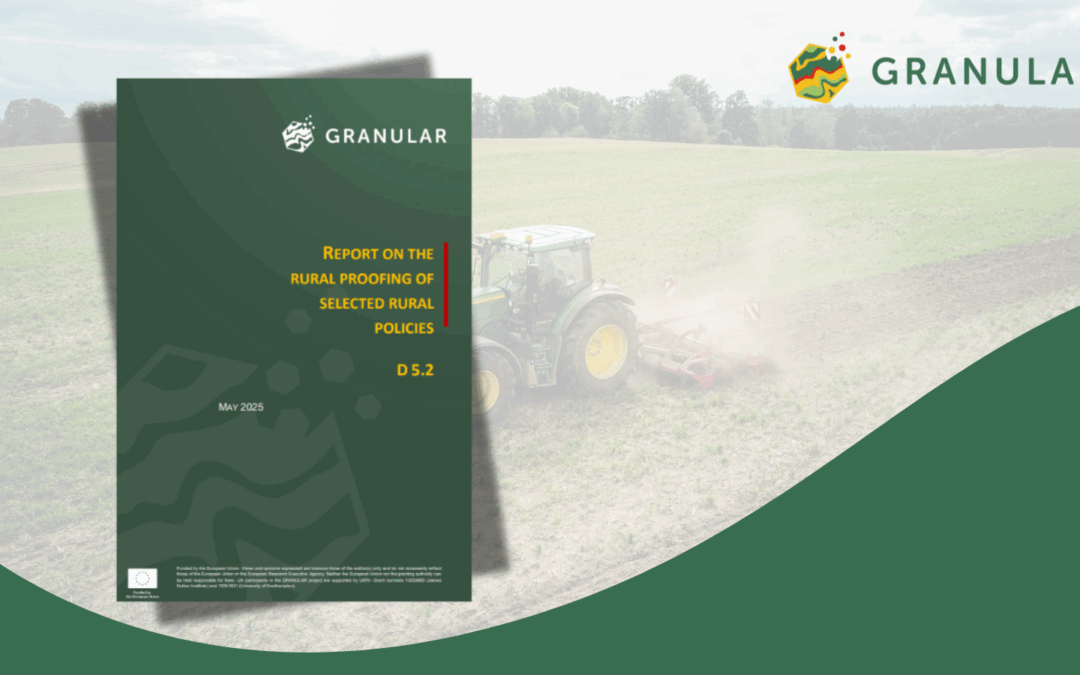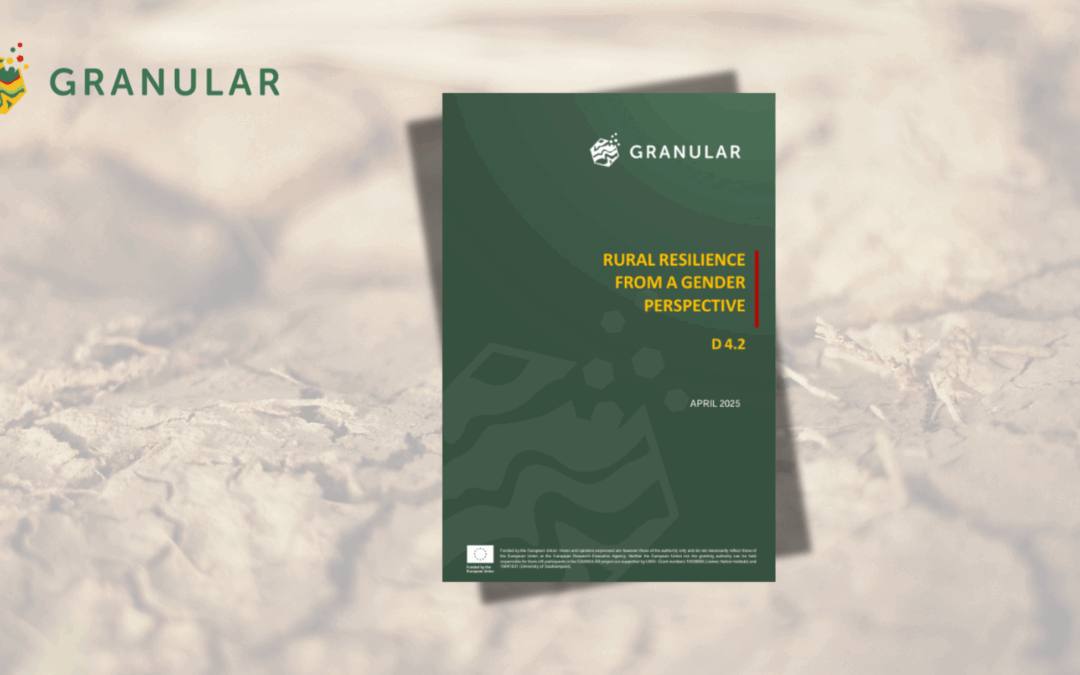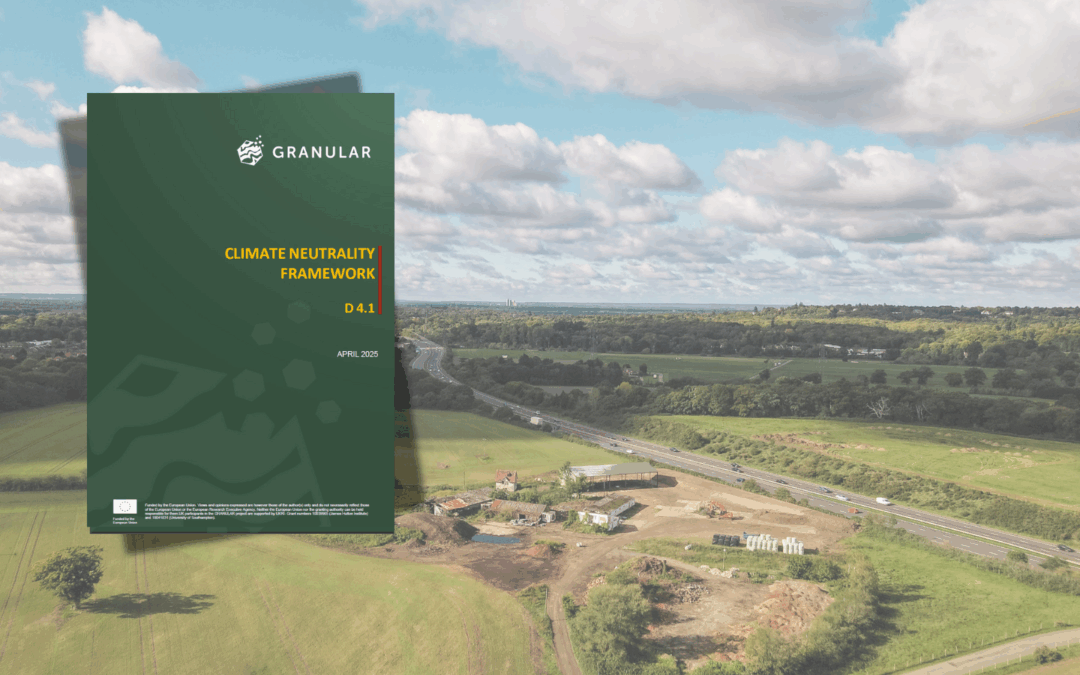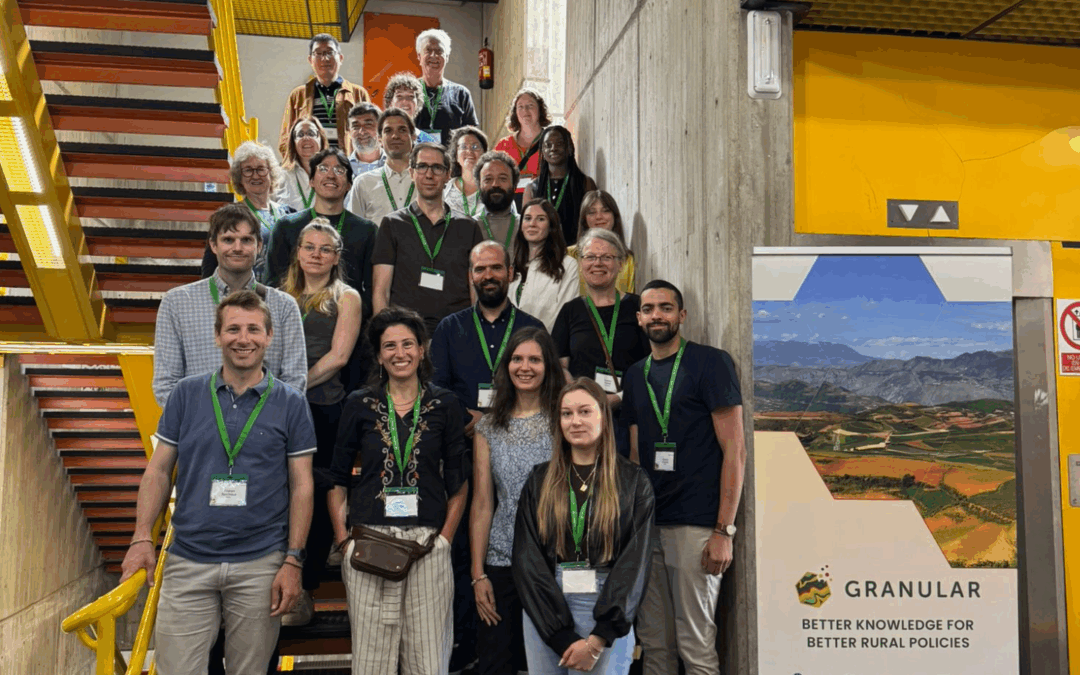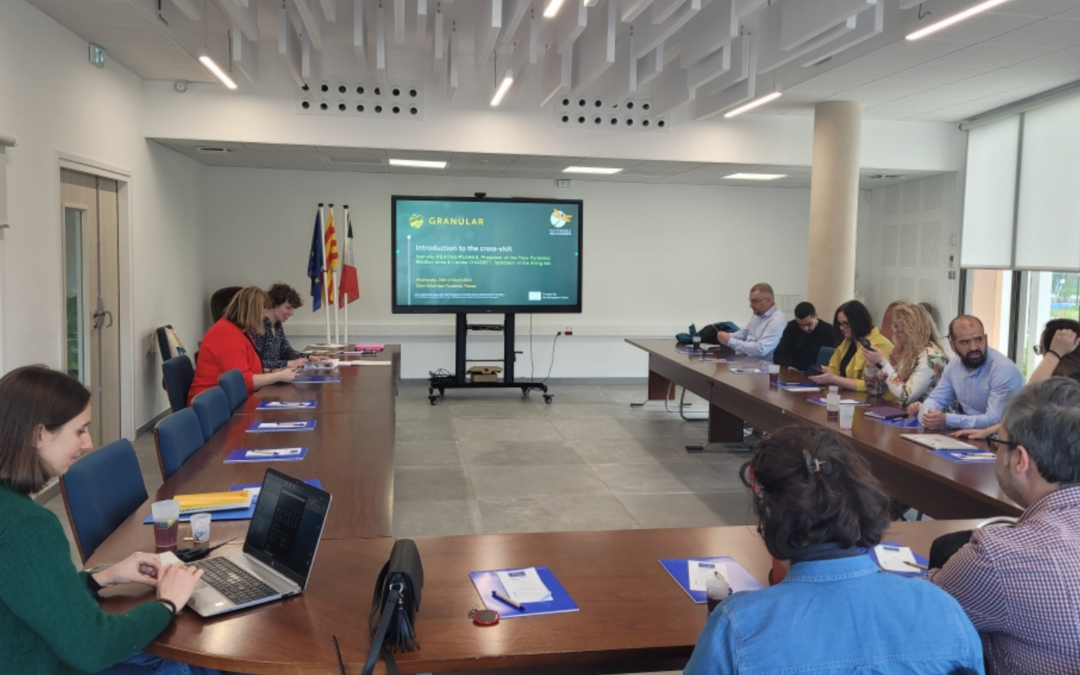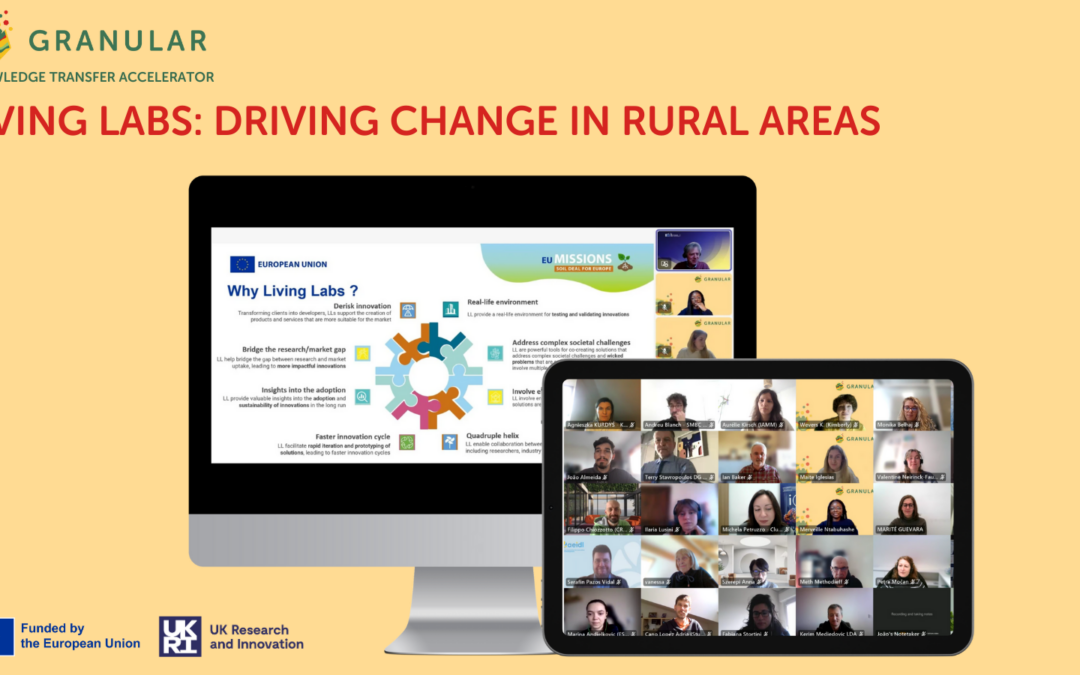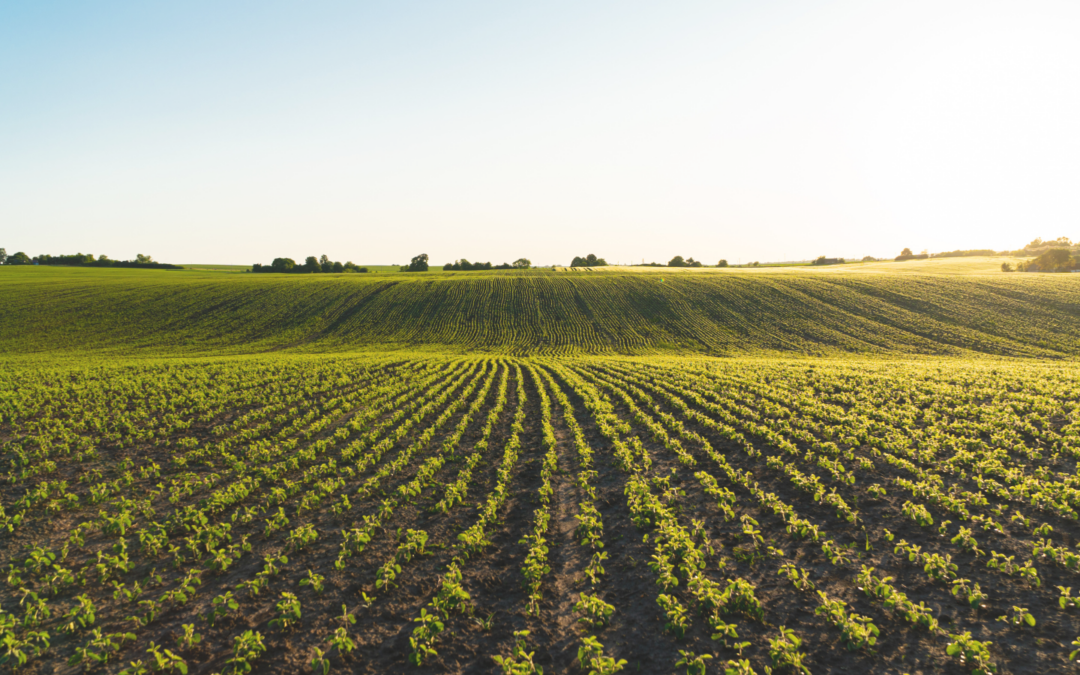Author: Merveille Ntabuhashe (AEIDL)
In November, the EU Council formally adopted amendments to the regulation on European environmental economic accounts, marking a significant advancement in how environmental contributions to the economy are measured.
New Modules for Comprehensive Environmental Insights
The updated regulation introduces significant changes to optimise data collection and analysis processes:
- Ecosystem accounts: Offering data on ecosystem conditions and services, which can illuminate the benefits of ecosystems in rural settings, from agriculture to biodiversity.
- Forest accounts: Providing detailed insights into forest resources, an essential component of many rural economies and communities.
- Environmental subsidies accounts: Tracking funding that supports eco-friendly activities, potentially guiding investments that benefit rural regions.
These modules build on existing frameworks, which already include data on air emissions and environmentally related taxes, and are expected to significantly enhance the ability to monitor sustainability initiatives, including those aligned with the European Green Deal.
Public Access to Data: a Resource for Rural Stakeholders
From December 2024, a new statistical dashboard on Eurostat’s website will make environmental data more accessible. This tool will include indicators such as climate change mitigation investments, providing rural policymakers and community leaders with the resources to better understand and address local challenges.
Looking ahead
The introduction of these new accounts is a step toward filling critical data gaps in rural areas. With member states required to report data under these new modules starting in 2025 and 2026, the EU’s commitment to integrating environmental data into economic strategies is clear. For GRANULAR, this offers an opportunity to align its work with cutting-edge data frameworks, furthering its mission to create actionable insights for rural areas across Europe.

